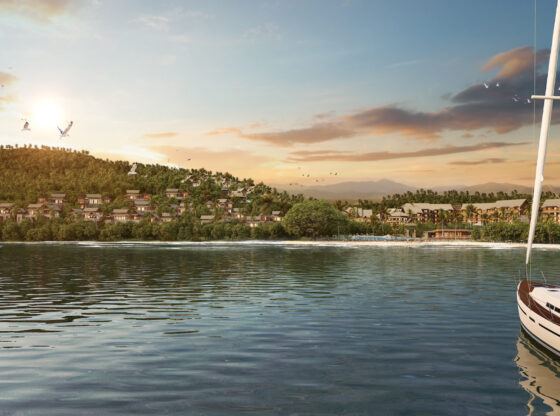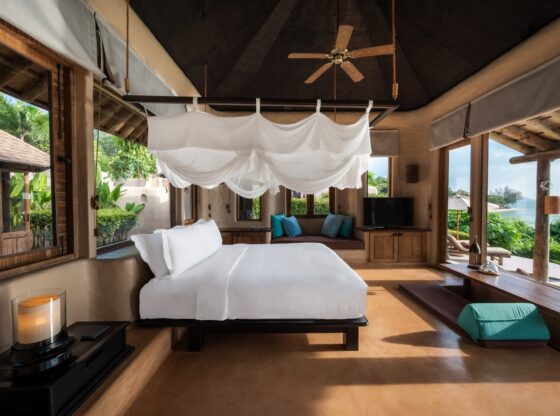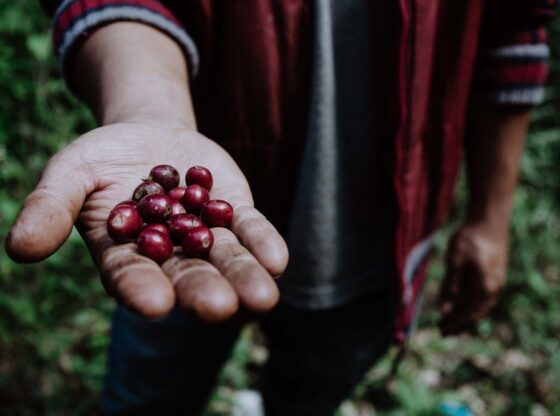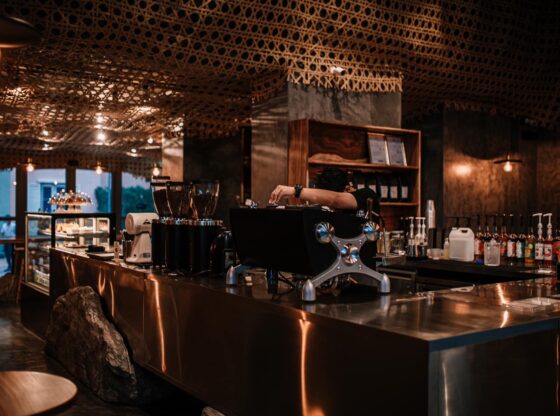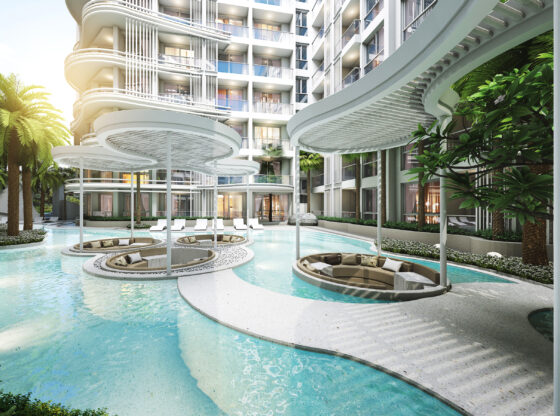![]()
COVID-19 has shaken up Bangkok’s real estate, now it’s time for developers to show the pandemic who’s boss
2020 has been a tough year for everyone so far, and for many, it continues to be so. While the impact of the COVID-19 pandemic has been felt more by some than others, there are few companies that can honestly say it’s been positive for their business.
While people have lost their jobs, budgets have been slashed and many businesses have gone into survival mode, the relatively quick rebound of Thailand’s real estate industry is notable.
I mean Bangkok’s real estate industry. To suggest there is a uniform real estate industry across the country that follows the same ups and downs and responds in the same way to supply and demand is foolish, though commonly done. Different regions face different realities; the luxury villa market in resort destinations such as Phuket and Samui do not respond the same way as the 1-2 million baht condo market in Bangkok. As obvious as that sounds, so many “experts” still refer to Thailand’s real estate industry as if it’s a homogenous thing.
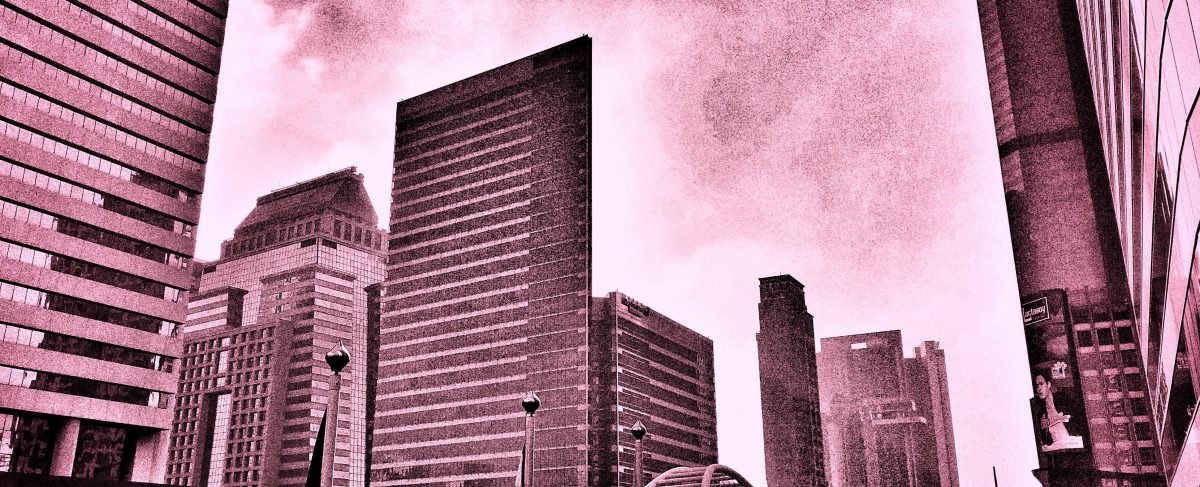
We set out earlier this year to find out how developers are changing and responding to the current situation, and following discussions with Bangkok-based developers, industry stakeholders, and real estate journalists, we share here three of our top-line findings.
1) Look Long-term and Build Brand Credibility
An alarming number of developers in Thailand have opted for the head-in-the-sand approach. This is a commonly-used and unproven “strategy” when markets soften and sales leads dry up. While from a budget point of view it may be understandable, from a longevity perspective it is much less so.
Recent times have shown more than ever that developers need to build credibility. Customers – be them end-users or investors – are more conservative right now and this is likely to persist for some time. Developers need to go beyond mere brand awareness and focus on building trust in their brands and products. Building credibility isn’t limited to the big developers only. It’s not about who can pay for the most comprehensive marketing campaign, or who can buy the largest billboard space, or who can afford to wrap the BTS. Credibility is about building trust; trust amongst current and potential customers, and that doesn’t have to be big budget.
Building trust also isn’t about upping a guaranteed rental return from 6% to 7% or beyond in an attempt to make your product more attractive, it’s about showing the market you are a trustworthy developer, somebody who delivers on their promises, on time, are financially stable and a safe developer to purchase from.
2) The Pivot: Sales v’s Non-Sales Communications
Savvy property developers are pivoting away from sales-driven communications to non-sales communications. When we look back at 2018 and 2019, there was a raft of new launches, and marketing and communications was focussed on driving a sales ROI much more so than brand-building. And while the market did soften during that time, developers, on the whole, continued with their sales-driven marketing communications.
Now is the time to take a deep-dive into your brand. What is it you stand for? What do you want to stand for? Look to align your brand and developments with market sentiments. Rather than a communications campaign around sales, look to spotlight your brand or project’s strengths. Perhaps the design or architecture? If you have strong green credentials or an ongoing community-support programme, now is the time to shine a light on it.
Whatever you do, be authentic. One-off CSR activities created for PR only are a thing of the past. This approach is outdated. Think long-term and add more than sales-only messaging to your communications arsenal moving forward to ensure a medium and long-term ROI for your business.
Interesting of note is the lack of internal discussions we’ve seen around sustainability – social or environmental. We’ve heard lots of sound bites and plenty of lip service, but sustainability still remains an add-on (at best) for many. This will have to change if you want your business to remain relevant over the long-term.
3) Strategize, strategize, strategize
We have been privy to many behind the scenes conversations and strategizing sessions with developers recently. When the relative good times were good, most developers were looking outward. Now is a good time to also look inward.
Stepping back to re-appraise their business and having taken time to internally analyze, developers are better understanding external market trends. They have taken stock of their products and undergone a deep-dive into their perceived target markets, and the findings for some have been surprising to say the least.
COVID-19 is no doubt going to have a long-term impact on spatial design and physical location of property in and around Bangkok in the future. While some developers have stock they can leverage to meet new demands, much of the needed changes will manifest down the line as new developments come to market through 2021 and beyond.
The need to strategize over the short, medium, and long-term is more important than ever. Move away from building to previous brand guidelines and listen more. Find ways to listen to the market and the public in general. Find out what’s important to them, not sell them what you want to develop. The difference between the two can be startling and COVID-19 will shine a spotlight on those developers not willing to adapt.
Duncan Worthington is Chief Strategist at Infinity Communications, an independent PR and Marketing Communications agency in Bangkok and Phuket.




